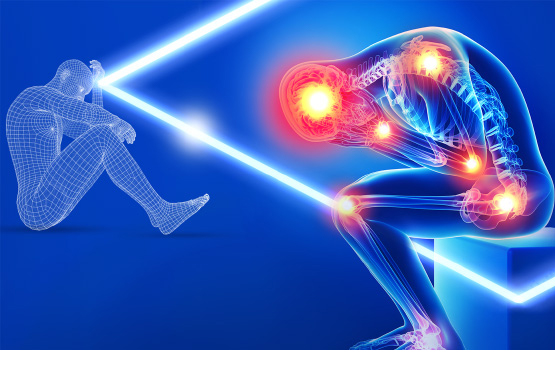Hypothyroidism is one of the most common chronic disorders, affecting up to 5% of the global population and requiring thyroid hormone replacement therapy. For the treatment of hypothyroidism, IBSA developed innovative liquid and soft capsule formulations of hormones and supplements.






